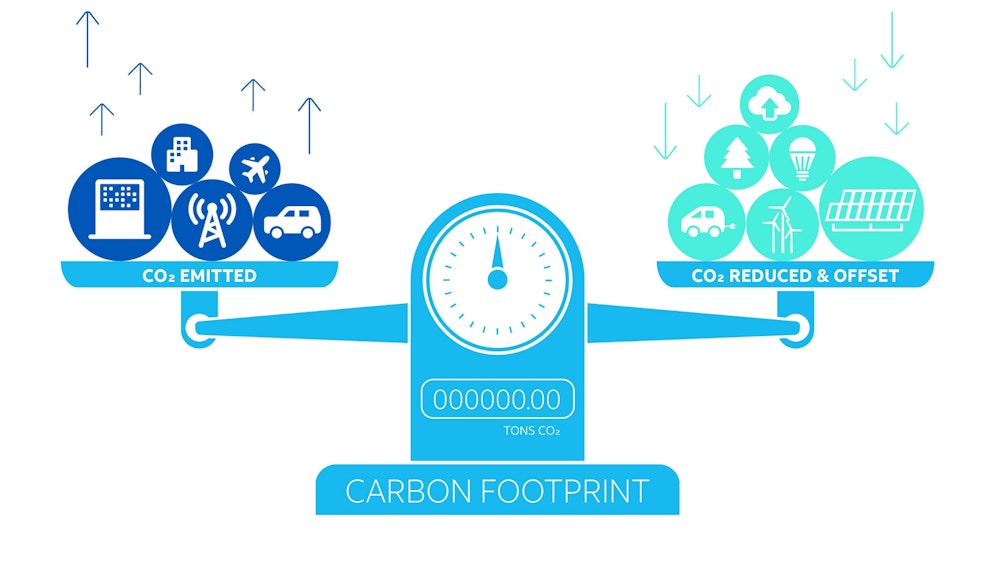What does carbon neutral mean?
Our team at Volition strongly believes in learning by doing as we take on the important mission of sustainability investing. We are fully committed to fighting climate change – addressing our impact on the planet is the least we can do. But actions are louder than words, and so with that, we are proud to announce that Volition is now Carbon Neutral.
Becoming Carbon Neutral means that we are ‘offsetting’ (or counteracting) the carbon emissions we produce as a firm by investing in projects that absorb or reduce the same amount of carbon from the atmosphere. We are effectively neutralizing our carbon impact on the world.
How exactly did we become carbon neutral?
We partnered with Climate Partner to assess our business operations activity. That includes flying, electricity costs, commuting to and from the office, etc. – and calculating our carbon footprint to see where we could improve and see which offset programs we could support to have the best impact. We have gathered reliable data to offset our emissions for 2020. As a total, we produced 141K kg CO2 (that’s equivalent to the carbon footprint of ~300 cross country trips!), and therefore this was the amount we needed to offset.
We allocated the total among three Gold Standard Carbon Projects / Verified Carbon Standard projects: Plastic Bank Worldwide, Hydropower in DR Congo, and Wind Energy in Brazil. These projects are important because they have a tangible impact at the most fundamental level, with both renewable energy and clean oceans contributing to climate protection.
Plastic Bank Worldwide
Plastic Bank is stopping ocean plastic while improving the lives of those who are most affected. In Haiti, Indonesia, Brazil, and the Philippines, people collect plastic waste. They can exchange it for money, food, drinking water, or even school fees at local collection points. The project makes sure that less plastic ends up in the sea. Instead, it is recycled and turned into so-called Social Plastic, which serves as raw material for new products such as packaging. For each compensated tonne of CO2, 10 kg of plastic waste is collected. This allows for climate neutrality and ocean protection at the same time.
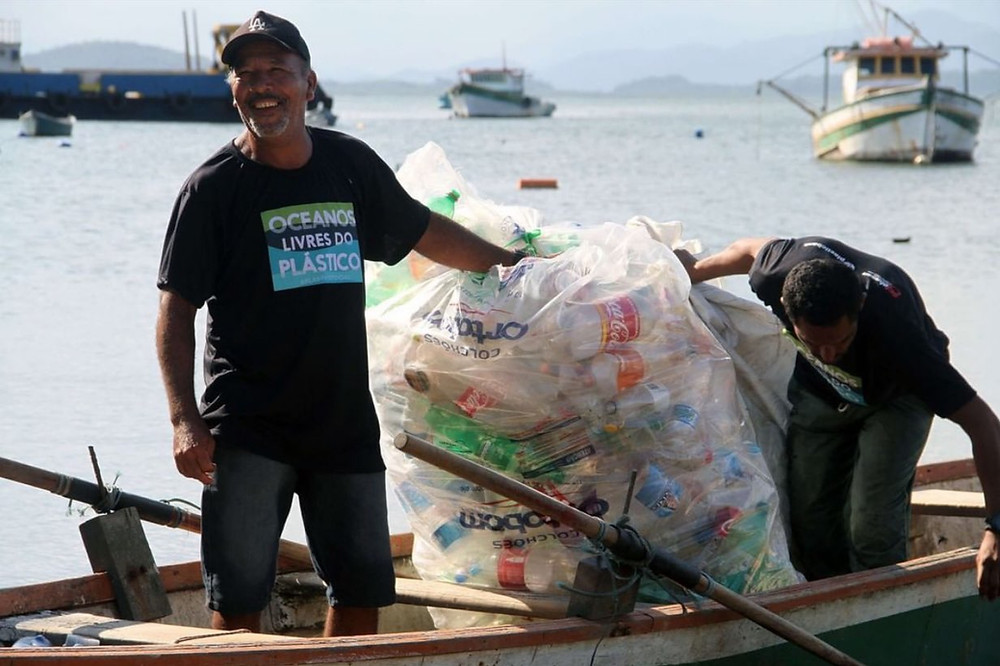
Hydro Power in DR Congo
Virunga’s waters are both a source of life and energy. Rivers and streams within the National Park nurture unique plants and animals, such as the world’s last remaining wild mountain gorillas. The currents of the Rutshuru River are used to generate sustainable energy through the small Matebe run-of-river power plant. With a capacity of 13 megawatts, the plant generates clean electricity for households and small businesses, giving about four million inhabitants access to electricity for the first time.
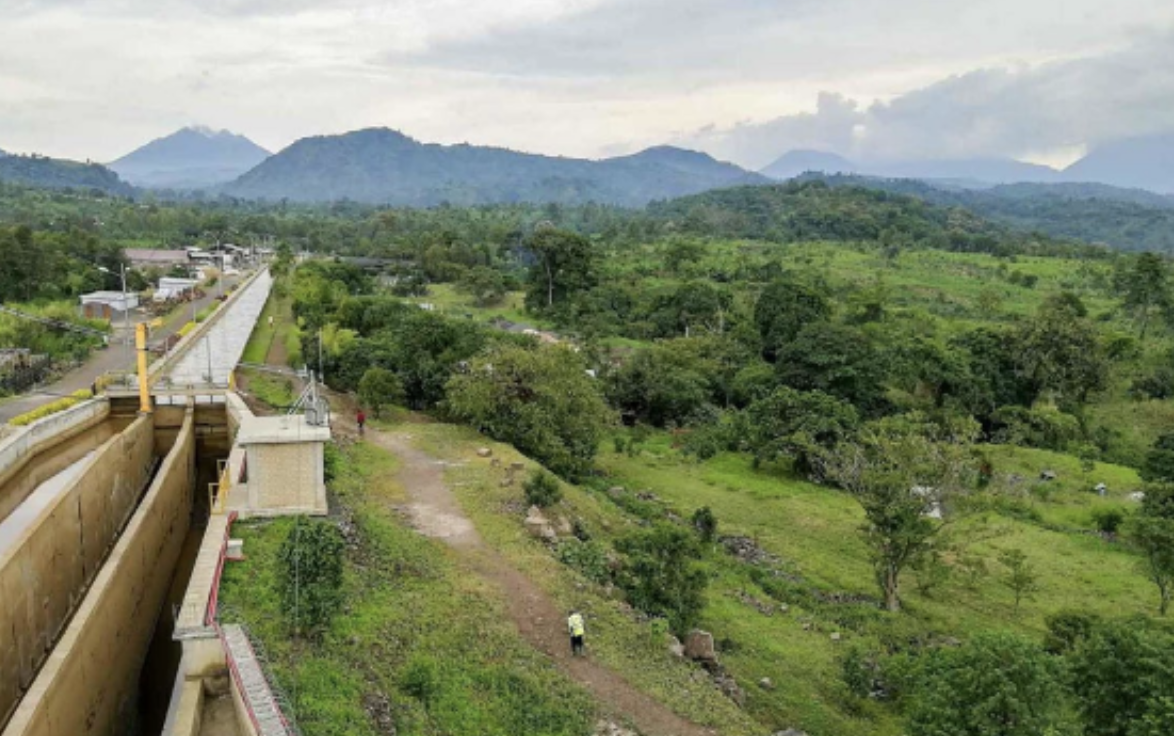
Wind energy in brazil
This carbon offset project comprises the implantation and operation of 14 wind power plants in the states of Piauí and Pernambuco in the northeast of Brazil. The project’s clean and renewable electricity delivered to the Brazilian Interconnected System provides an important contribution to environmental sustainability by reducing carbon dioxide emissions that otherwise would have occurred in the absence of the project through fossil fuel-based electricity generation.
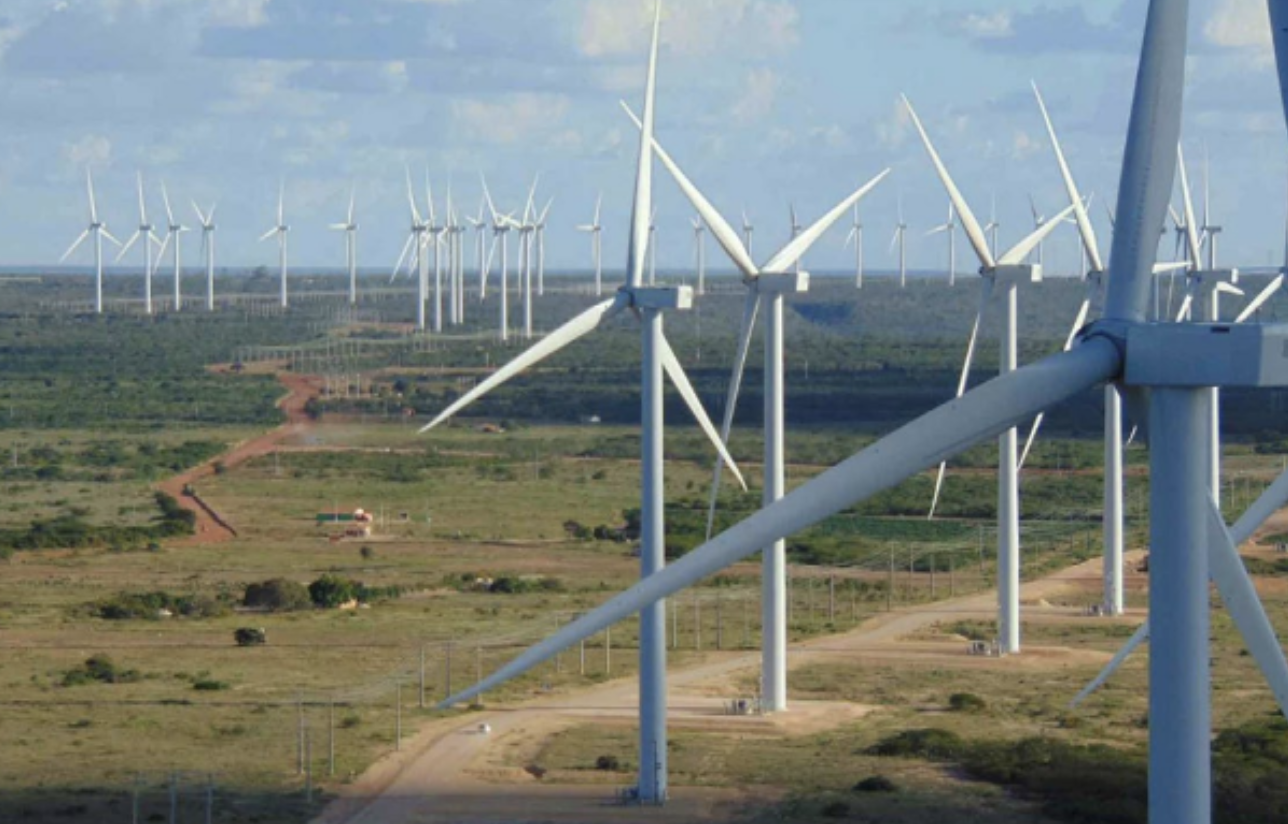
Are carbon offsets enough?
No, going carbon neutral is only one step towards effective climate action. Avoidance and reduction are equally as important. Therefore, we are also changing our behaviors to lower our carbon footprint from how we commute to work to how we consume our energy to what we do with our food waste.
We can appreciate the pain points in going green during this process and look to invest in founders addressing those challenges and enabling more sustainable living.
These are just some of the ways we are lowering our carbon footprint on a firm and/or individual level:
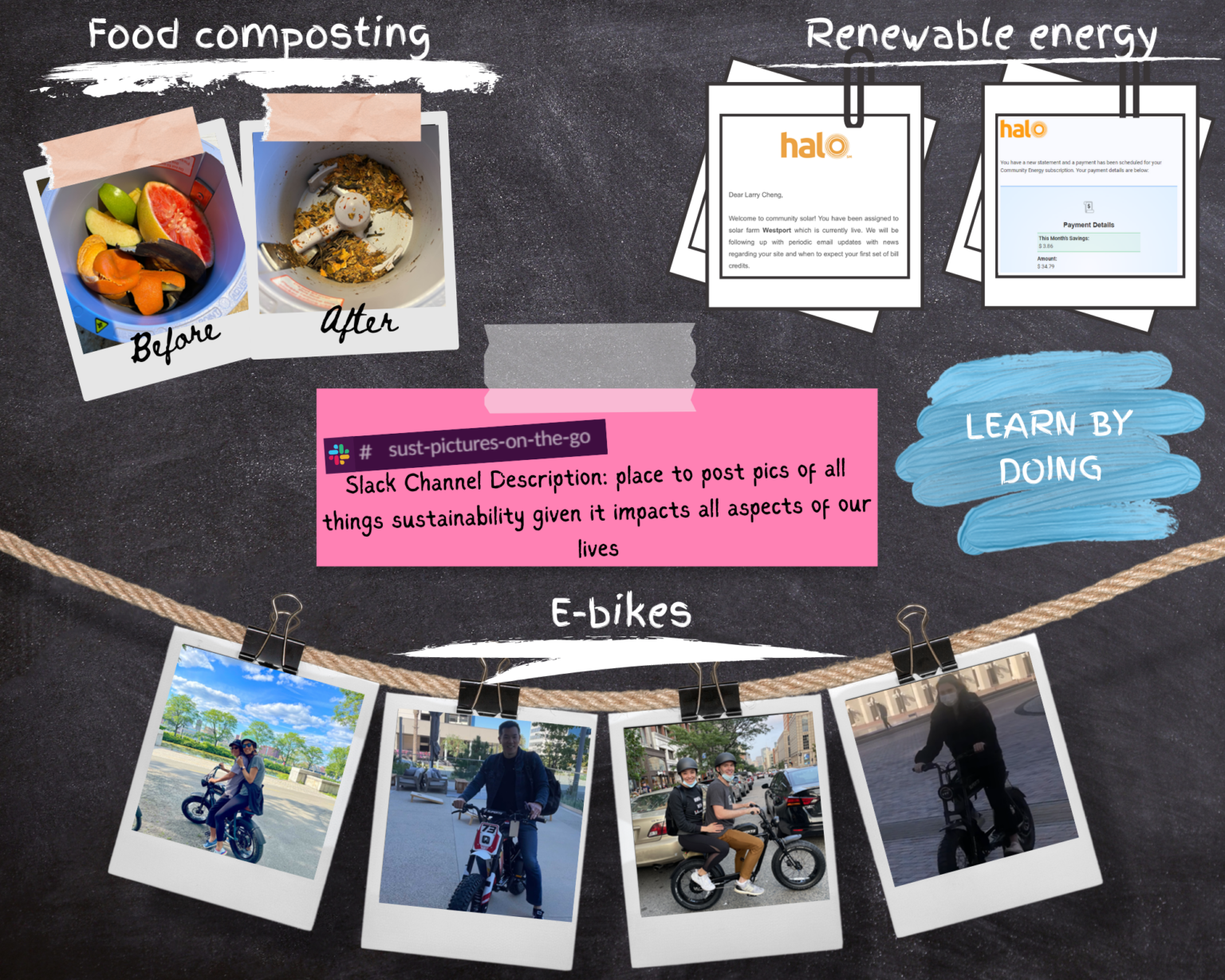
What’s Next?
We are proud of the significant progress in reducing our carbon footprint but know we have so much left to do. We’ll be posting about the other initiatives we’re making soon. Stay tuned.
COMMENTS & DISCUSSION BELOW:
[ ]
